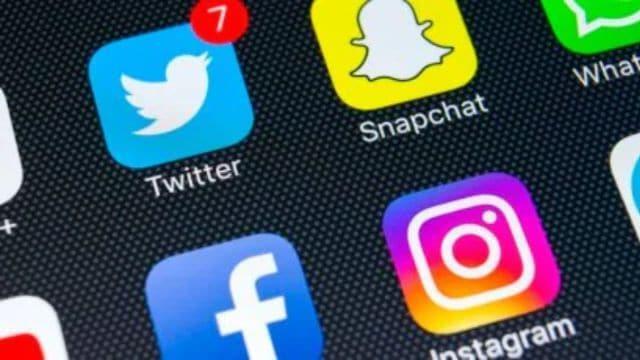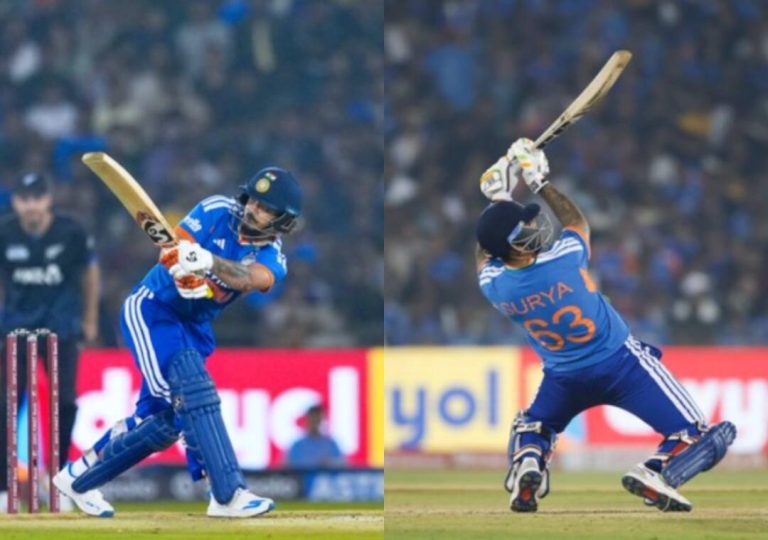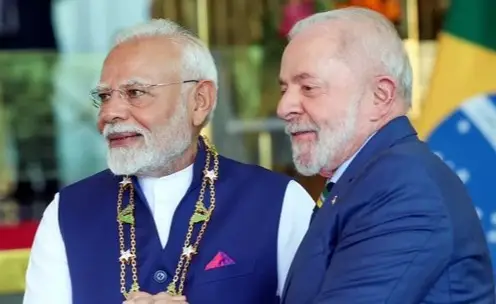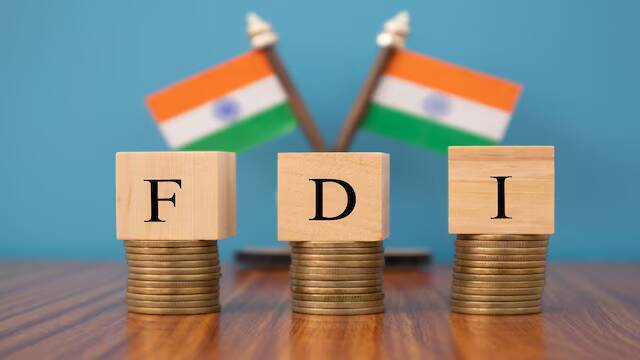
Australia includes Twitch in social media banned for under-16 kids
In a groundbreaking move, Australia has announced that it will be expanding its social media ban to include Twitch, a popular live streaming platform owned by Amazon. This decision comes as part of the country’s efforts to protect children from the potential harms of social media, and it will make Australia the first country in the world to bar people aged 16 and under from using social media.
The ban, which is set to come into effect on December 10, will apply to a wide range of social media platforms, including Facebook, Instagram, Snapchat, Threads, TikTok, X, YouTube, Kick, and Reddit. The inclusion of Twitch in this list is significant, as it is a platform that is particularly popular among young people who are interested in gaming and esports.
According to reports, the Australian government has taken this step in order to safeguard the online welfare of children and to prevent them from being exposed to harmful or inappropriate content. The government has also expressed concerns about the potential impact of social media on children’s mental health and wellbeing, and has argued that this ban is necessary in order to protect them from these risks.
It’s worth noting that not all social media platforms will be subject to the ban. The image-sharing platform Pinterest, for example, has been spared, with the government apparently deeming it to be a safer and more innocuous platform. This decision may raise some eyebrows, given that Pinterest is still a social media platform that allows users to share and interact with content, and it will be interesting to see how the government justifies this exception.
The ban on social media for under-16s is a significant development, and it will be closely watched by other countries around the world. There are likely to be many who will be interested in seeing how the ban is enforced, and whether it has the desired effect of protecting children from the potential harms of social media.
One of the key challenges that the Australian government will face is ensuring that the ban is effectively enforced. This will require social media companies to take steps to verify the age of their users, and to prevent children from accessing their platforms. This may involve the use of age verification technology, such as AI-powered tools that can detect the age of users based on their behavior and interactions on the platform.
The ban may also have significant implications for social media companies, which will need to adapt to the new regulations and ensure that they are complying with the law. This may involve making changes to their platforms, such as introducing new age gates or modifying their content moderation policies.
In terms of the potential impact on children, the ban is likely to be significant. Many children in Australia will be forced to stop using social media, at least until they turn 16, and this may have a major impact on their online behaviors and interactions. Some may argue that this is a positive development, as it will help to protect children from the potential harms of social media, while others may argue that it is an overreach of government authority and that children should be allowed to make their own decisions about how they use social media.
Overall, the decision by Australia to ban social media for under-16s is a significant development that will be closely watched by other countries around the world. The inclusion of Twitch in the ban is particularly noteworthy, given the platform’s popularity among young people, and it will be interesting to see how the ban is enforced and what impact it has on children and social media companies.
As the world becomes increasingly digital, it’s essential to consider the potential impact of social media on children and to take steps to protect them from harm. The Australian government’s decision to ban social media for under-16s is a significant step in this direction, and it will be important to monitor the effects of this ban and to consider whether similar measures might be necessary in other countries.
In conclusion, the ban on social media for under-16s in Australia is a significant development that will have far-reaching implications for children, social media companies, and governments around the world. The inclusion of Twitch in the ban is a notable aspect of this decision, and it will be interesting to see how the ban is enforced and what impact it has on the online behaviors and interactions of children in Australia.






